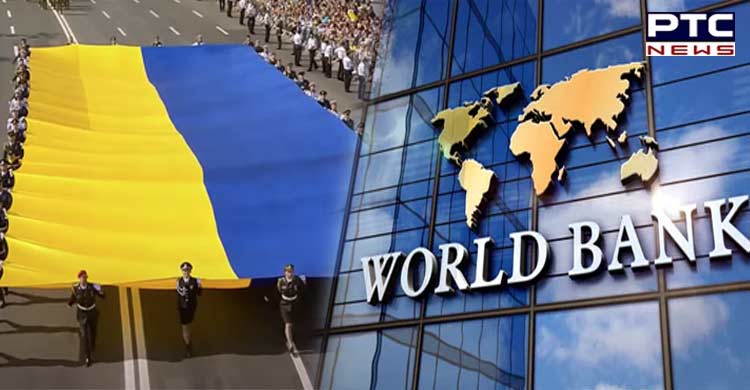Many words, concerns and sentiments have been expressed and exchanged over the last two months in support of Ukraine and against Russian aggression.
Such verbal statements of moral support are a nice first step, but now is the time for action rather than words. Ukraine’s universities, faculty and students need help. Support is needed from democratic countries as well as international organisations and individual institutions of higher learning.
Just recently, the World Bank launched its first project in Ukraine’s higher education sector. The five-year project, entitled “Ukraine Improving Higher Education for Results Project”, comes with an approved US$200 million loan.
The World Bank loan will be spent on the modernisation of teaching and research facilities and of the digital learning infrastructure of Ukraine’s universities, including infrastructure for distance learning. In addition, it will fund the creation of advanced teaching and research laboratories and learning support facilities.
More effort will be required from international organisations to help Ukraine. The World Bank will have to reconsider its approach to investment in university construction, especially when it comes to restoring universities which have been destroyed by the war. International help will be needed to form autonomous world-class universities in Ukraine.
This will be a lengthy process that will involve reconstruction, reform and development. The World Bank should take a leading role in the recovery, restoration and rebuilding of Ukraine’s education sector.
Just a few days ago, Ukraine received a tranche of US$88.6 million from the World Bank to cover the costs incurred by the Ukrainian government when it comes to academic and social stipends. Given that US$10.5 million has already been spent on the World Bank’s higher education project, this constitutes half of all the project funds of US$200 million.
In early March 2022, the World Bank approved the restructuring of the project, with support for academic stipends provided by the ministry of education and science as well as social stipends provided by the ministry of social policy for students of higher education institutions added.
Source of information:
https://www.universityworldnews.com/post.php?story=20220425152400634

